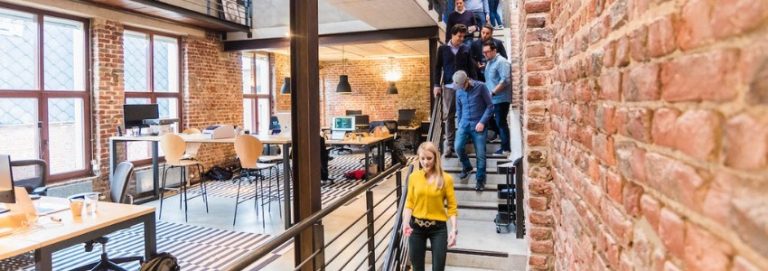
Types of commercial property insurance policies: basic, special form, and more explained
Whether you own an office building, a retail space, a manufacturing facility, or any other type of commercial property, you
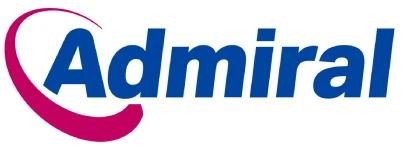


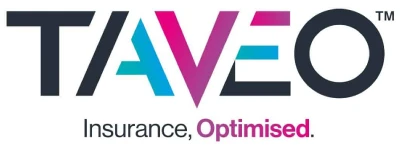

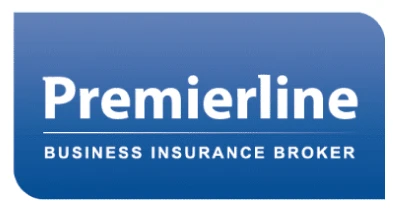

Enter a few details about what you are looking for.
Save money by comparing instant quotes online.
You can then apply online and your application will be processed directly by the property insurance provider.
Commercial property insurance in the UK is not legally required by law. However, it is highly advisable and often considered essential for businesses that own or lease commercial properties.
If you want protection against loss and damage, liability coverage, business interruption coverage and peace of mind, then it is definitely recommended.
The nature of the commercial property, such as whether it's an office building, retail space, or industrial facility, affects the risk profile.
Older buildings or those with unique construction materials may have higher premiums due to increased susceptibility to damage.
The area's susceptibility to natural disasters, crime rates, and other local factors can influence insurance costs.
The higher the property value, the more expensive it may be to insure.
Larger properties generally have higher premiums due to increased replacement and repair costs.
The nature of the business conducted on the premises affects the risk level. For example, a restaurant may have different risks than an office.
Properties with robust security measures, such as alarm systems, surveillance cameras, and security personnel, may qualify for lower premiums.
A history of frequent or significant insurance claims can lead to higher premiums.
Insurers may consider whether a business has implemented measures to mitigate risks and ensure continuity in the event of a disruption.
Certain industries may have specific risks that influence premiums.
The inclusion of liability coverage affects premiums, especially for businesses with higher liability risks.
Implementing risk management practices, such as fire prevention measures and safety protocols, may positively impact premiums.
The specific business insurance policies you need in the UK can vary widely depending on the nature of your business, its size, and the risks it faces. Some common types of business insurance coverage that you should consider include:
Not all perils are covered. Commercial property insurance policies have specific lists of covered perils, known as “named perils” policies. However, you can also choose to have an “all risks” policy that covers all perils except those specifically excluded.
Some perils, such as floods and earthquakes, are typically excluded from standard commercial property insurance policies. You can purchase separate policies or endorsements for these specific risks if your property is located in an area prone to such events.
To determine the value of your business property, consider factors such as replacement cost (the cost to replace property with a new equivalent), market value, and depreciation. Consult with an insurance professional for an accurate assessment.
To file a claim, contact your insurance provider as soon as possible after an incident. They will guide you through the claims process, which typically involves providing documentation and information about the incident.
You can often make changes to your policy during the policy term, such as adjusting coverage limits or adding endorsements. Contact your insurer to discuss any changes you wish to make.
You can often add endorsements or riders to your commercial property insurance policy to cover specific risks or assets that are not included in the standard policy.

Whether you own an office building, a retail space, a manufacturing facility, or any other type of commercial property, you
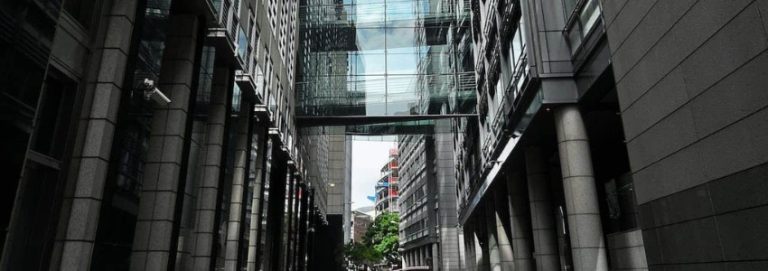
Whether you own a retail store, an office building, a warehouse, or any other commercial property, having the right insurance
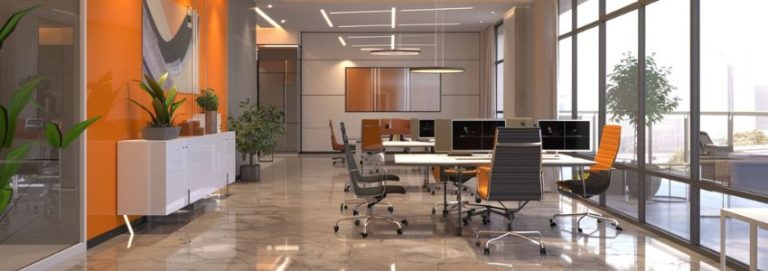
Securing commercial property insurance is an integral part of protecting your investment and ensuring the resilience of your business against